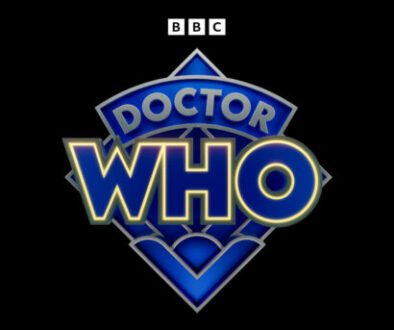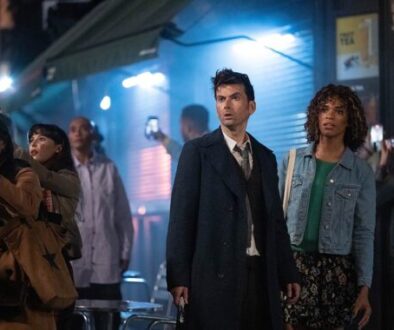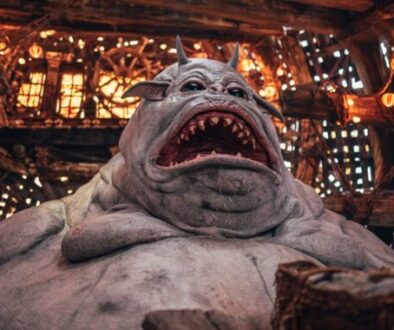Doctor Who – “The Star Beast” Review – This “Star” Shines Bright
Clint Hassell gives his SPOILER-filled commentary on the first 60th anniversary special.
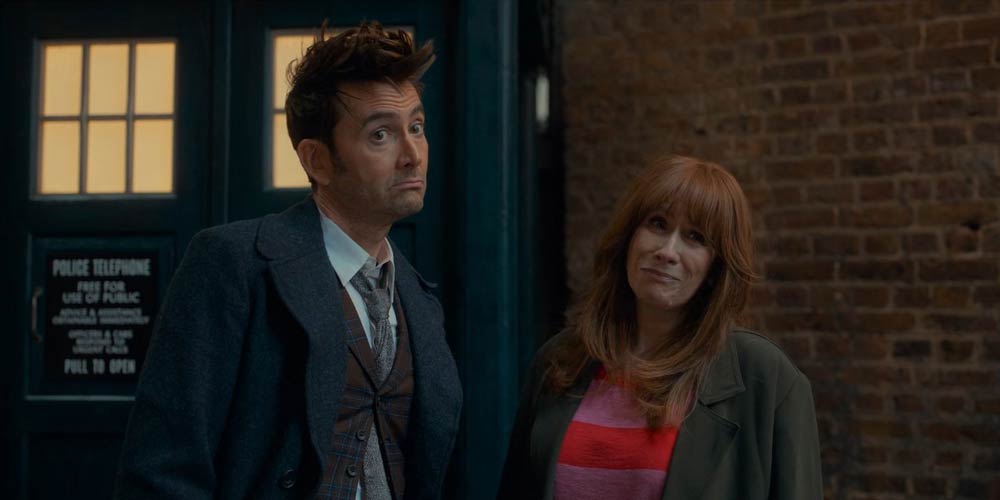
Note: this review contains full SPOILERS for the first 60th anniversary special.
The first of three specials celebrating the 60th anniversary of Doctor Who, “The Star Beast” sees the return of actors David Tennant and Catherine Tate to the program, recreating their dynamic chemistry from arguably the best series of modern Who. The special also marks the return of former showrunner Russell T. Davies, who excels at balancing humor and character depth, crafting a tightly focused narrative that regenerates the series.
From its new opening credits sequence—which undoubtedly rivals Series 7B’s as modern Who’s best—to the effects-laden battle between UNIT and the Wrarth Warriors, “The Star Beast” looks stunning. The aerial shots of London are beautiful in high definition. The episode sounds fantastic, too, with returning composer Murray Gold’s rejuvenated take on the Series 4 theme tune a fitting reference to Tennant and Tate’s former tenure on the program. Twice, Gold uses the subtle beauty of the theme-as-leitmotif to underscore how both the Fourteenth Doctor and Donna Noble question the identity of this new incarnation of the titular Time Lord.
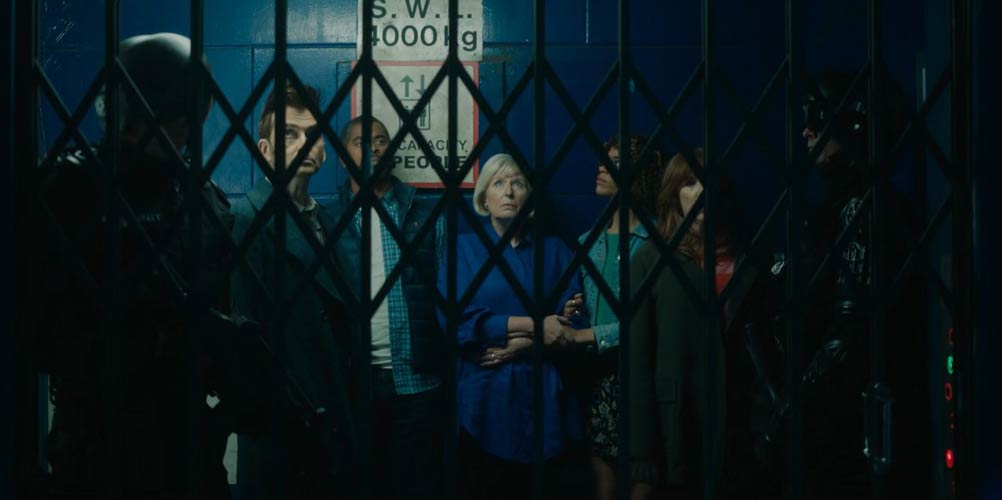
While it is lovely to see Tennant and Tate in the TARDIS again, it is perhaps even better to have Davies’ back as the series’ head writer. His script is remarkably funny, spoofing Ten and Donna’s hilariously protracted meeting in the Series 4 premiere by quickly reuniting the pair. Fourteen’s replacing Donna’s stacked boxes is an expected, yet perfectly timed joke, as is the look of panic on the Doctor’s face as Donna calls out to Rose. Bonus points for the joke about the psychic paper still registering the Doctor as female.
Beyond the light humor, it’s fun to see Davies reinvent many of his own tropes. After years of the narrative positing that mankind continues to forget that Earth has been invaded repeatedly, Davies’ examination of Sylvia’s willful avoidance and Donna’s incidental ignorance is delicious, as is Davies’ take on Ten’s oft-repeated “What? What? WHAT?!” line, now updated with a fourth “What?” Perhaps the best example of Davies’ playing in his own sandbox occurs when Sylvia slaps the Doctor. Sylvia believes that, if her daughter sees the Time Lord, Donna will die, making the slap both absolutely warranted and a repeated joke brilliantly worked into the narrative.
Davies turns in some of his best work as he follows the still-heart-wrenching flashback of Ten erasing Donna’s mind with the reveal that her life has been tainted by the near-memory of when she was “the most important woman in the Universe.” Contrasting the otherworldly wonders of time and space with the malaise of Donna’s modern life, Davies’ script allows the viewer to consider that Donna gave away her money because she doesn’t realize how special she is, before revealing that the Doctor-Donna wasn’t erased and has been subtly influencing her actions.
Seeing Sylvia struggle with how to refer to Rose, a trans woman, is honest and effective. Even more so are the following lines, which paint both Donna and Sylvia as mothers, before pivoting to demonstrate how the two are still polar opposites, despite their shared role:
Donna: “It’s what happens. You have a kid. You think, ‘Good. I’ve got it. That’s mine.’ And then she grows up into this extraordinary, beautiful thing and you think, ‘Where the hell did she come from? How lucky am I!’” [pointedly] “Don’t you, Mum?”
The tragedy of the scene is that it acknowledges that Donna has grown beyond her loud, immature origins and only belies her own worth because she feels hampered by mental illness.
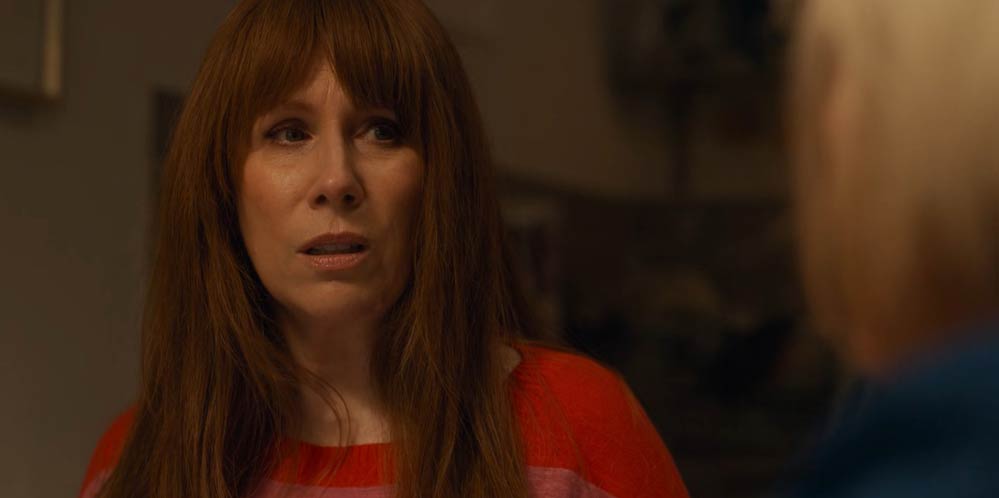
A later scene effectively recalls the resolution of The End of Time, replacing Wilf with Donna on the other side of the glass from the Doctor. In perhaps the best reference to the show’s 60-year history, the scene pointedly notes that the Doctor is not above using his friends as weapons. It’s a habit, actually—and one that precedes Tennant’s era by measures. The idea that the Tenth Doctor regenerated to save Wilf from a fate that Fourteen is now all too willing to subject Donna to is sickening, and the reveal mines the emotional landmine effectively.
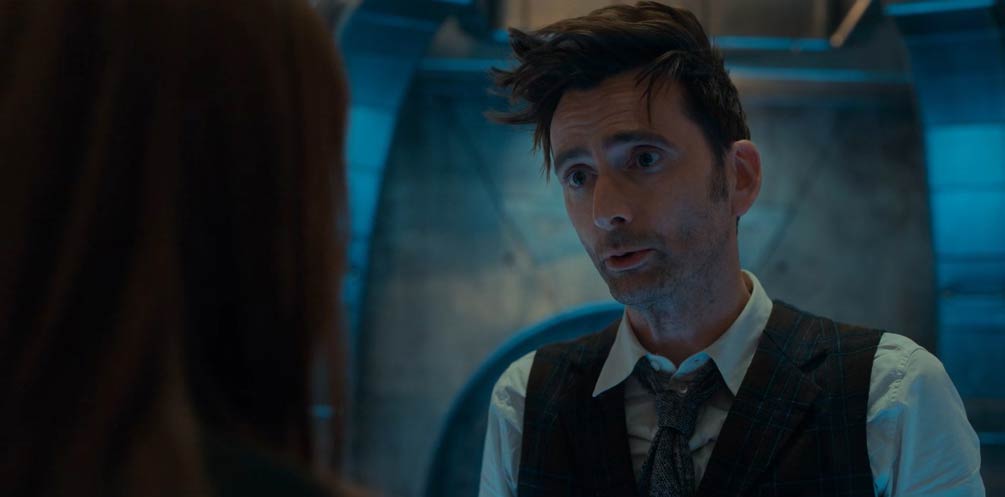
Still, Davies’ script has its foibles, mostly in how it handles exposition. Fudge only exists as a character to allow the audience to see the destruction of London in the episode’s third act. Shirley Anne Bingham is also a flagrant example of an expository character, contributing nothing to the narrative beyond being a person to whom the Doctor can explain his relationship with Donna—information more effectively recapped using flashbacks in the opening teaser! Seeing differently abled characters represented on screen is important, especially when those characters are played by similarly abled actors and aren’t defined by their conditions, but this is a terrible introduction to a character that really should’ve been Kate Stewart (or, considering Bingham’s fangirlish knowledge of the Doctor, the Zygon Osgood).
Further, though it capitalizes on a message that has resonated within the narrative since Steven Moffat’s era of the series, the episode’s reveal that the metacrisis energy Donna absorbed has been shared with her offspring, Rose—whose non-binary identity reflects the fluid nature of a Time Lords’ sex—is clever to the point of being twee. Does Davies recontextualize a throwaway line to retroactively mean more than originally intended? Undoubtedly (and in a way that Moffat only wishes he could’ve pulled off), but the script knows it is being indulgent and that distracts from the episode’s overarching message that “the Doctor is male and female and neither and more.”
Random Musings
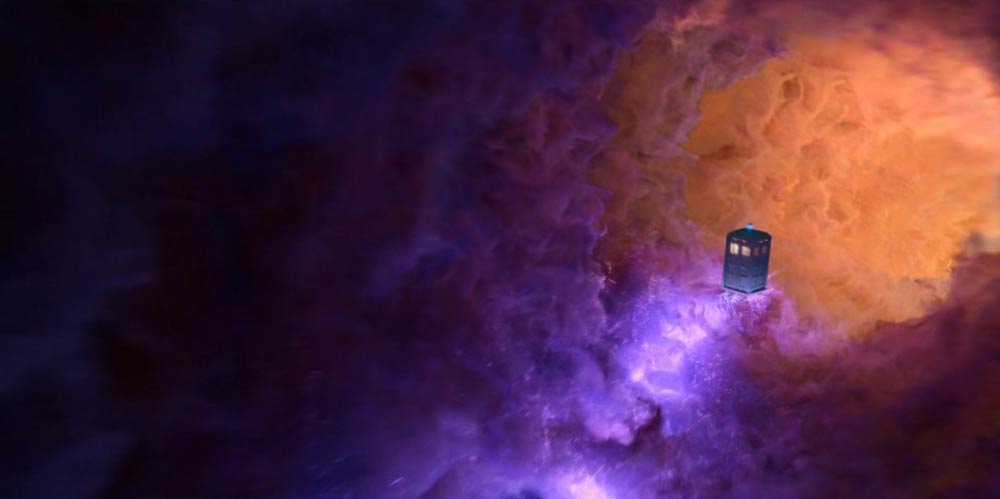
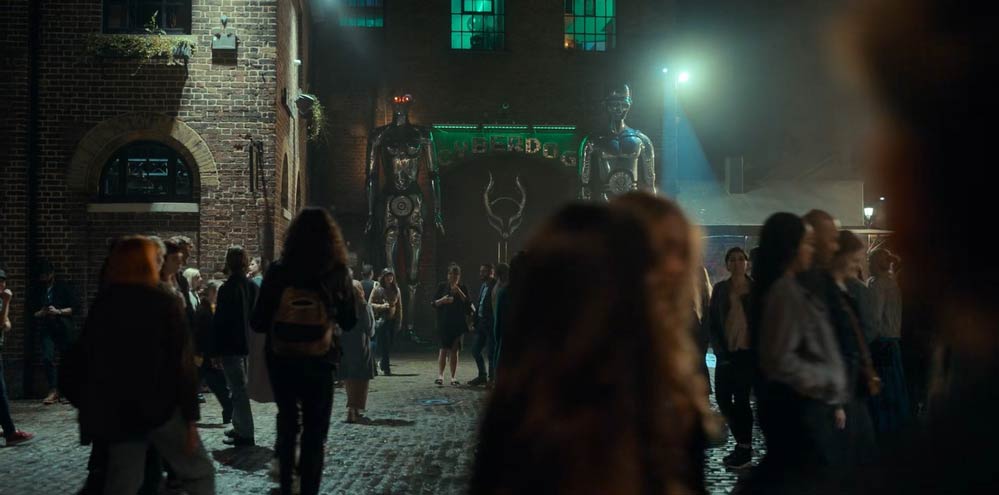
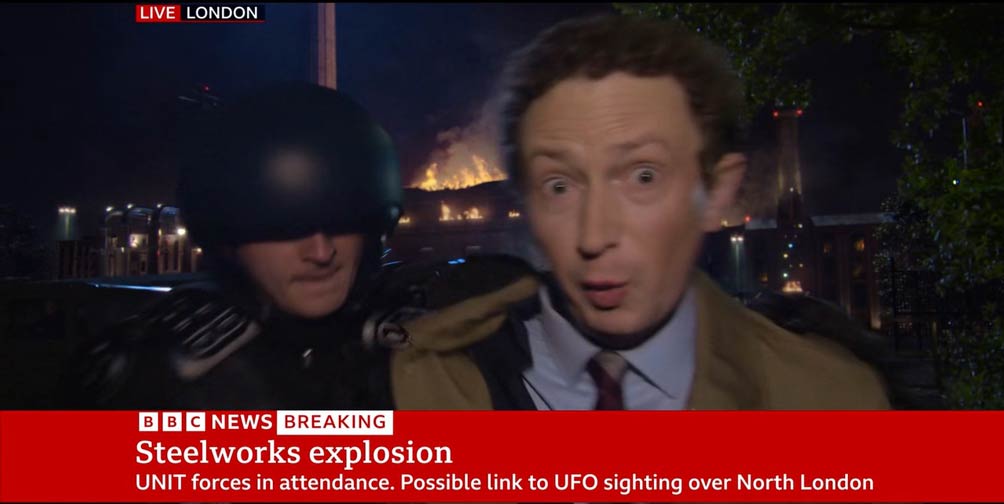

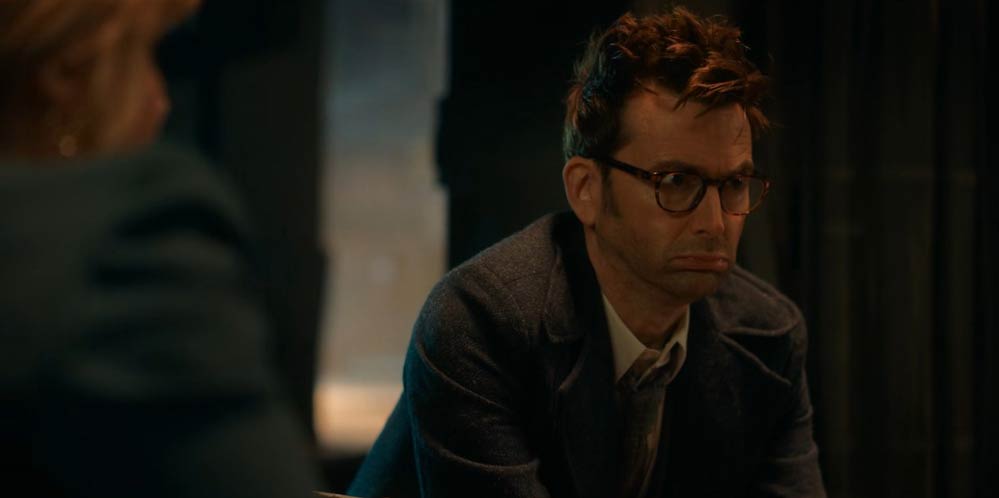
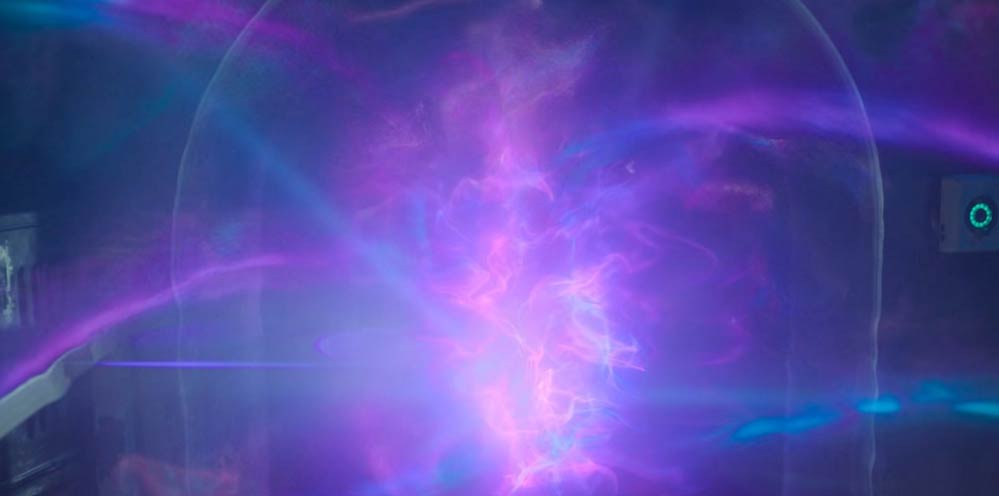
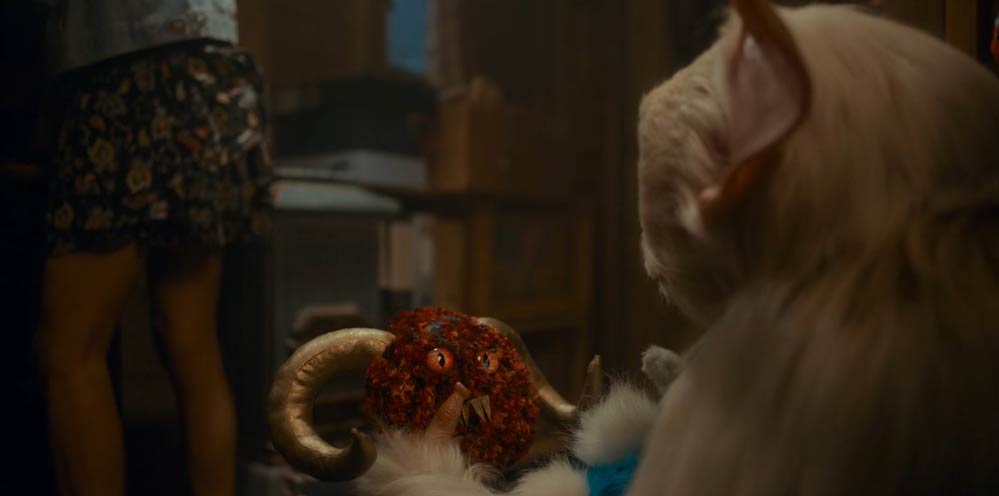
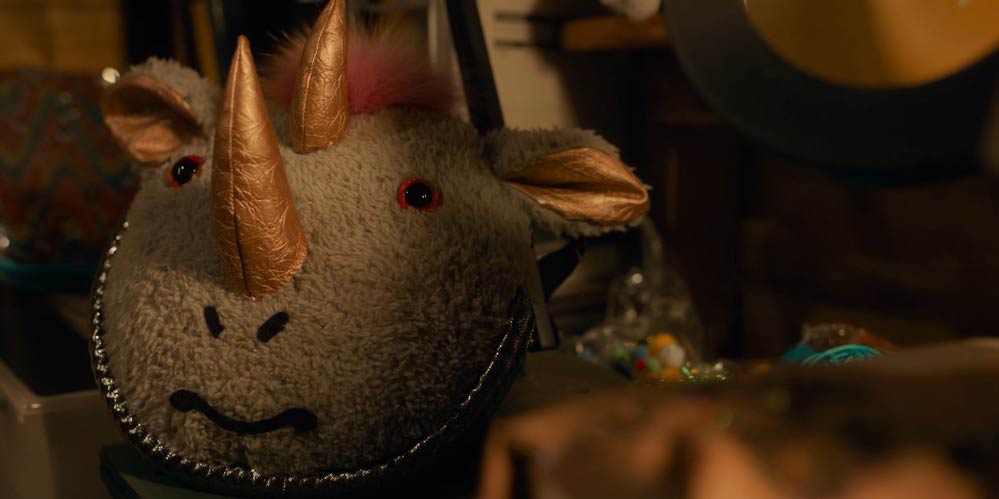
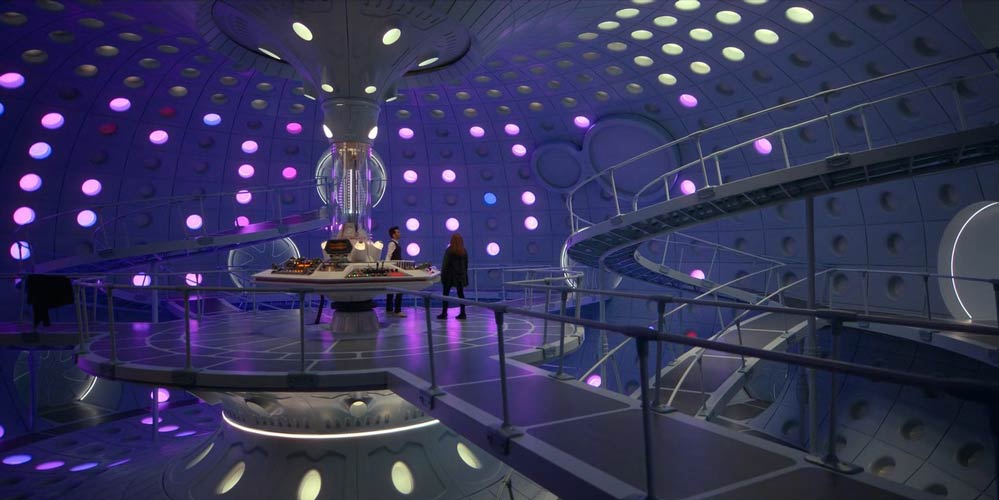
(Time) Capsule Review
To celebrate Doctor Who’s 60th anniversary, “The Star Beast” features Beep the Meep and the Wrarth Warriors from the franchise’s extended media and the return of David Tennant and Catherine Tate as the Doctor and companion Donna Noble. Showrunner Russell T. Davies’ script deftly mines humor and character development, but is hampered by expository characters and a twist that is too clever for its own good. Tate shines as a melancholic Donna—but, honestly, if the series is going to bring back a companion from the past, it had damn well better be Susan.
If you’d like to interact with the author of this article, follow him on Twitter @ClintHassell.




